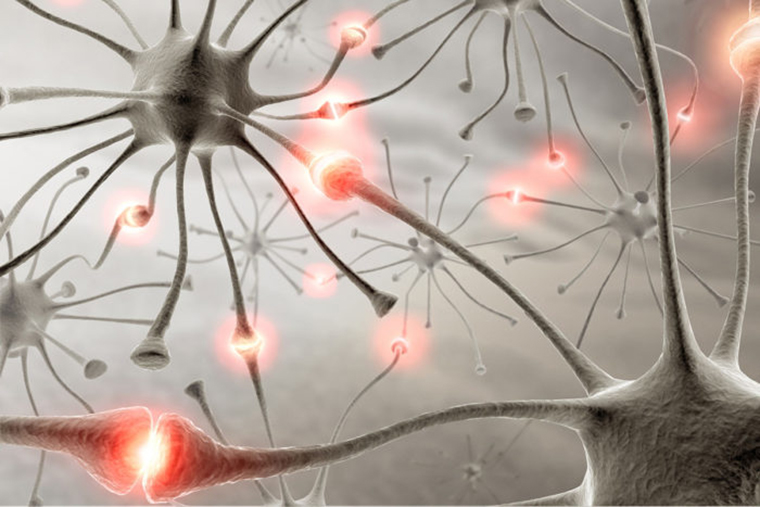Learning, social issues may reflect neuronal miscommunication
From the WashU Newsroom…
A defective gene linked to autism influences how neurons connect and communicate with each other in the brain, according to a study from Washington University School of Medicine in St. Louis. Rodents that lack the gene form too many connections between brain neurons and have difficulty learning.
The findings, published Nov. 2 in Nature Communications, suggest that some of the diverse symptoms of autism may stem from a malfunction in communication among cells in the brain.
“This study raises the possibility that there may be too many synapses in the brains of patients with autism,” said senior author Azad Bonni, MD, PhD, the Edison Professor of Neuroscience and head of the Department of Neuroscience at Washington University School of Medicine in St. Louis. “You might think that having more synapses would make the brain work better, but that doesn’t seem to be the case. An increased number of synapses creates miscommunication among neurons in the developing brain that correlates with impairments in learning, although we don’t know how.”
Autism is a neurodevelopmental disorder affecting about one out of every 68 children. It is characterized by social and communication challenges.
Among the many genes linked to autism in people are six genes that attach a molecular tag, called ubiquitin, to proteins. These genes, called ubiquitin ligases, function like a work order, telling the rest of the cell how to deal with the tagged proteins: This one should be discarded, that one should be rerouted to another part of the cell, a third needs to have its activity dialed up or down.
Patients with autism may carry a mutation that prevents one of their ubiquitin genes from working properly. But how problems with tagging proteins affect how the brain is hardwired and operates, and why such problems may lead to autism, has remained poorly understood.
